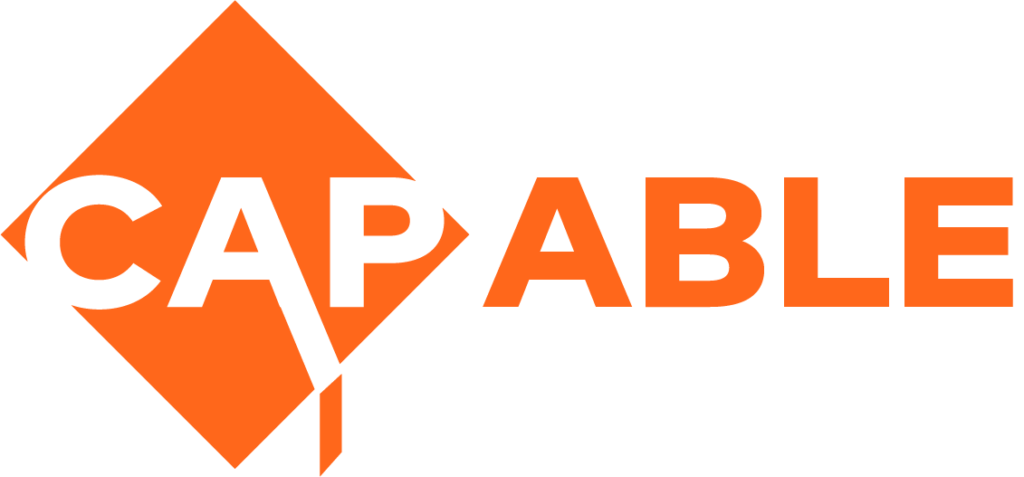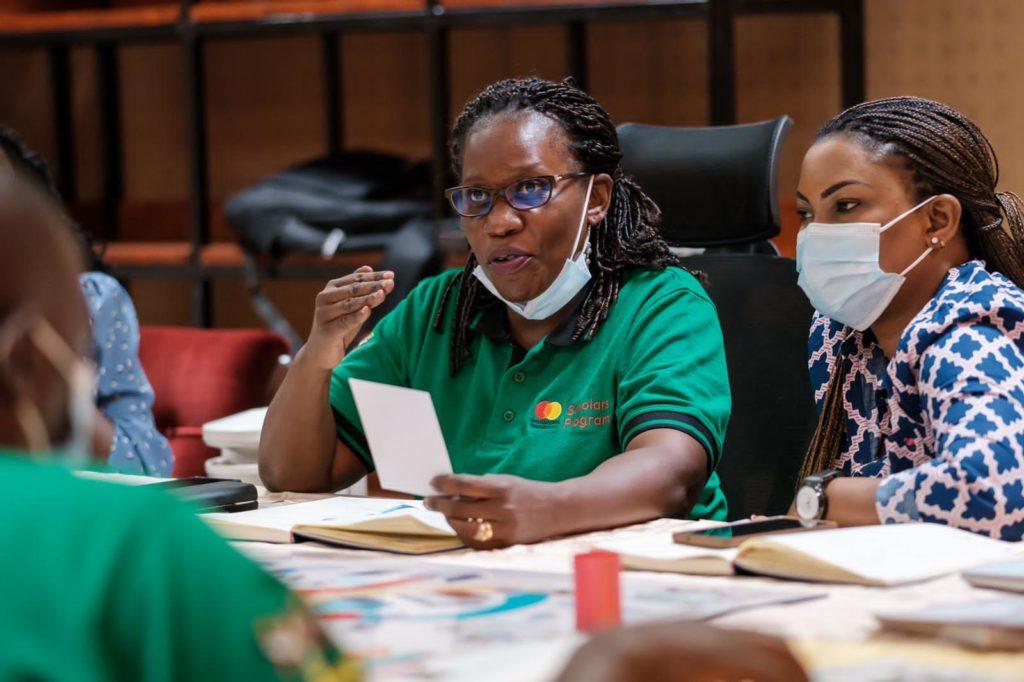
Building institutional capacity on disability inclusion through Master Trainers
To sustain efforts taken towards disability inclusion in higher education, change is required at institutional level; focussing on the adjustment of institutional values, processes, systems, and policies to become more inclusive. Light for the World, as the Scholars Program Disability Inclusion partner, is setting this in motion through in-depth discussions on disability inclusive programming tailored to the needs of partner institutions and building in-house capacity on disability inclusion through training Master Trainers.
Master Trainers are existing staff of the Scholars Program and/or institution and leaders of student groups, trained to support awareness and implementation of disability inclusion within the Scholars Program and the wider institutional community.
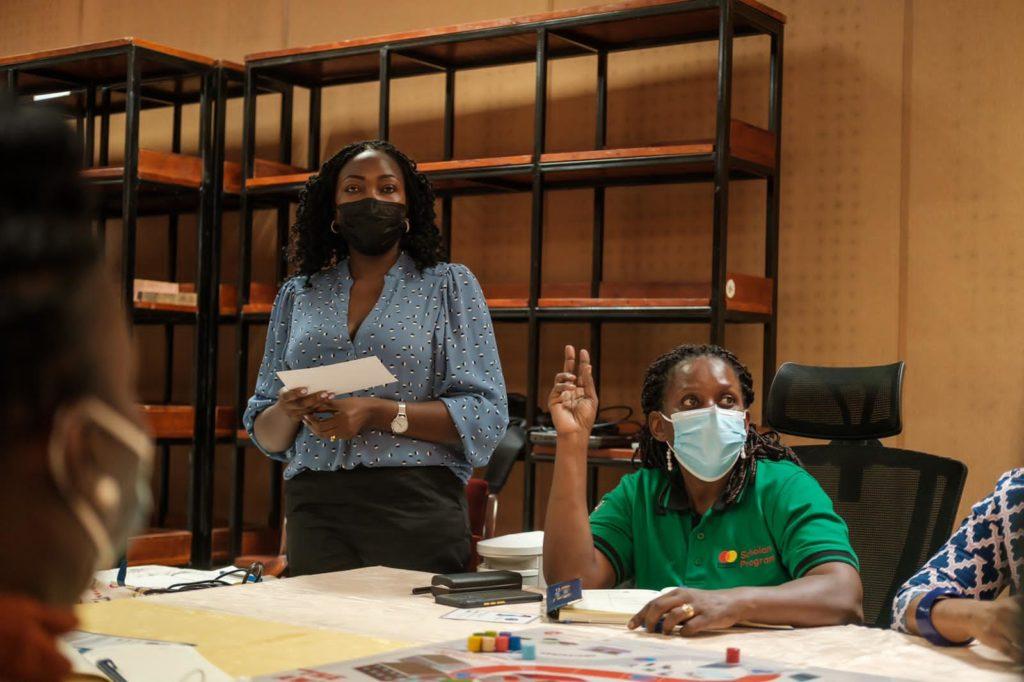
Master Trainers will play an instrumental role in;
- Supporting the implementation of the targets set on disability inclusion as part of the Scholars Program and beyond.
- Training colleagues, other academic and non-academic staff, management, and student groups on the basics of disability inclusion and how to put these into practice in their varied capacities.
- Being a source of information and point of contact on issues relating to disability inclusion.
- Identifying additional areas of support on disability inclusion within the Scholars Program/ wider institution and informing relevant Scholars Program staff at the institution and the Foundation as well as Light for the World.
- Participating in Inclusion Working Group sessions, as well as supporting the documentation of lessons learned, good practices and impact stories relating to disability inclusion.
Starting in February 2022, a pilot Training of Master Trainers was conducted with four Scholars Partner institutions: University of Gondar (Ethiopia), Ashesi University (Ghana), United States International University – Africa (Kenya) and Makerere University (Uganda) for a total of 26 participants. The ‘crash course’ involved key discussions on the fundamentals of disability inclusion with a focus on their application in the Scholars Program as well as the wider institutional context. The training also focussed on their role as Master Trainers and being able to relay key information on disability inclusion to varied audiences at their institutions.
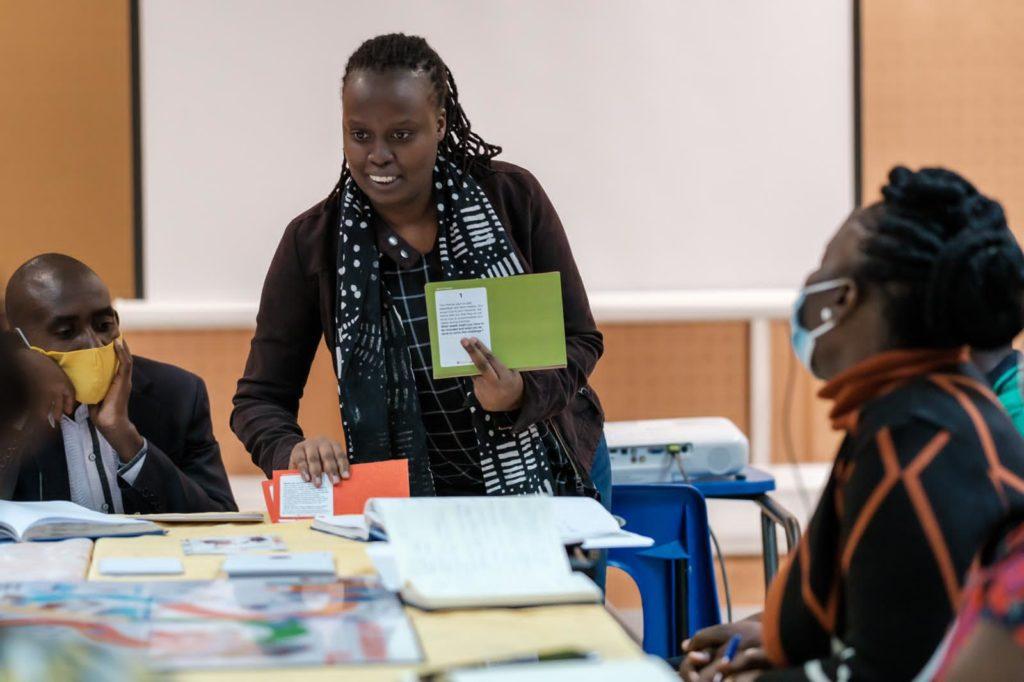
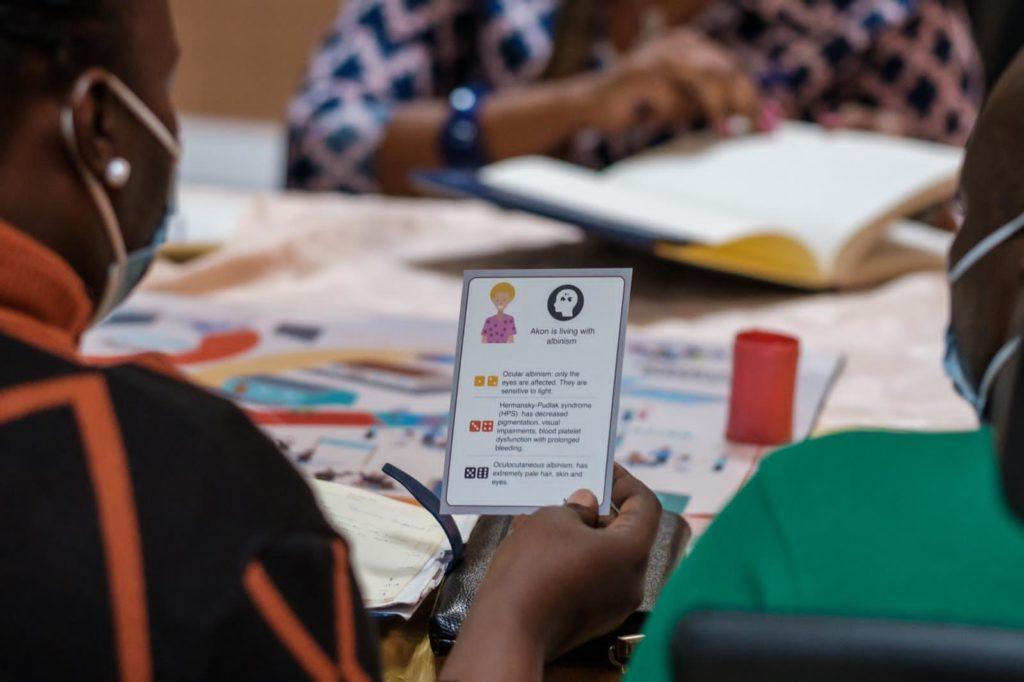
“I'm thinking about some of the barriers that people (with disabilities) might face and they fail to achieve their educational goals, especially for those impairments that are not well known. So, how do I plan for something I don't know about? A lot has to be done on sensitizing the key people that are involved in planning, budgeting, the people who will be implementing (actions towards inclusion), and the academicians as well!”
Participant of the Training of Master Trainers at Makerere University
The pilot training will be closely followed by on-the-job support for the Master Trainers as they embark on their roles, as well as Community of Practice sessions that will present opportunities to further construct the Master Trainer concept and delve into topics related to disability inclusion and driving institutional change on the same. Another cohort of Master Trainers will be trained in the coming months following a proof of concept from the pilot training.
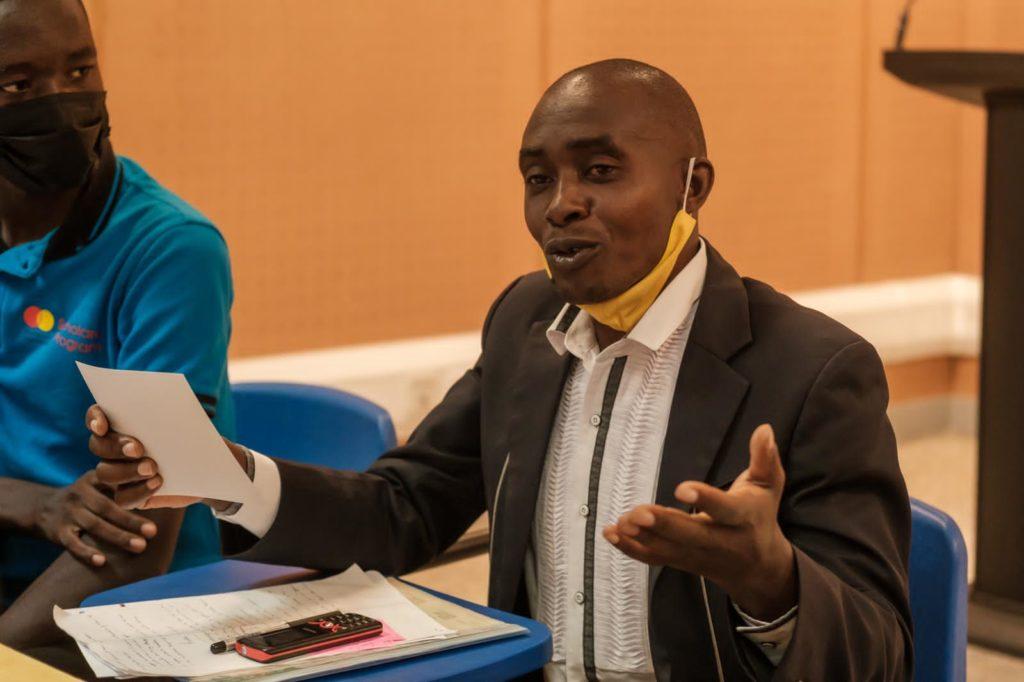
“This training has helped me to see the change we need, and how to realize that change.”
Head of Disability Desk, Makerere Univesity
“I was once asked to represent students with disabilities at the governing council, but I declined. This training has helped me to understand the role I can play in making disability inclusion work!”
Participant in the Training of Master Trainers at Makerere University
